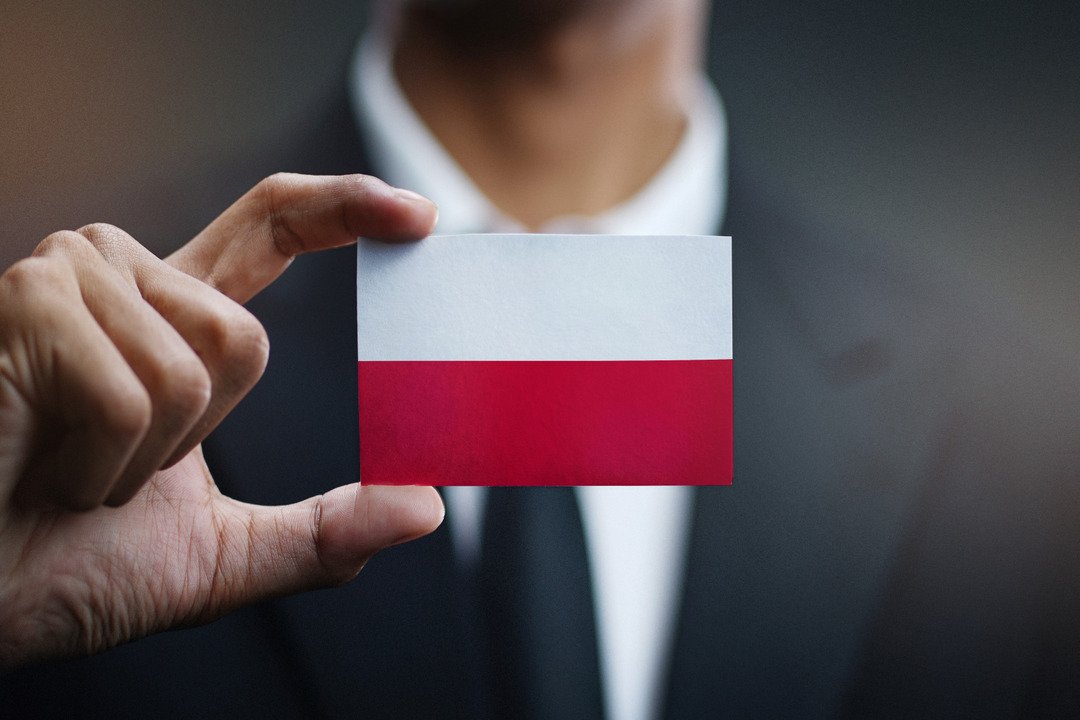Starting August 11, 2024, Algerian students applying for Poland's National Student Visa will need to submit an additional document as part of their application process. Alongside the high school diploma and transcript from the high school leaving exam, applicants must also provide a decision from the relevant Polish educational authority recognizing their Algerian diploma.
The Polish Embassy in Algeria has issued a warning that failure to submit this "nostrification" document will result in visa refusal. This requirement will be strictly enforced from the specified date, with the Consulate emphasizing that visas will not be granted without it.
Students interested in applying are advised to visit the official website of the Polish Embassy in Algeria for detailed information on the diploma recognition process.
Poland Tightens Visa Rules for International Students and Workers
In May 2024, Poland announced plans to tighten its visa regulations for third-country nationals, particularly concerning work and student visas. Among the new measures, international students will face a compulsory pre-selection process for university admissions. This new procedure requires all Polish universities to implement pre-selection criteria for prospective students.
Additionally, Polish authorities are considering further restricting international students' access to the local labor market. The minimum financial requirements for obtaining a student visa or residence permit will be raised, and students may be required to maintain a certain amount of funds in a blocked account.
These changes are part of Poland’s broader strategy to prevent visa irregularities. Authorities have indicated that visas for foreign students and workers will be issued more selectively moving forward.
Poland's Growing Popularity Among International Students
In 2023, over 10,000 foreign students enrolled in Polish universities, with Indian students making up 30% of the total. Poland is increasingly recognized as a top destination for international students due to its high-quality education, cultural diversity, and affordable living costs, which are often 30 to 50 percent lower than in other EU countries.

